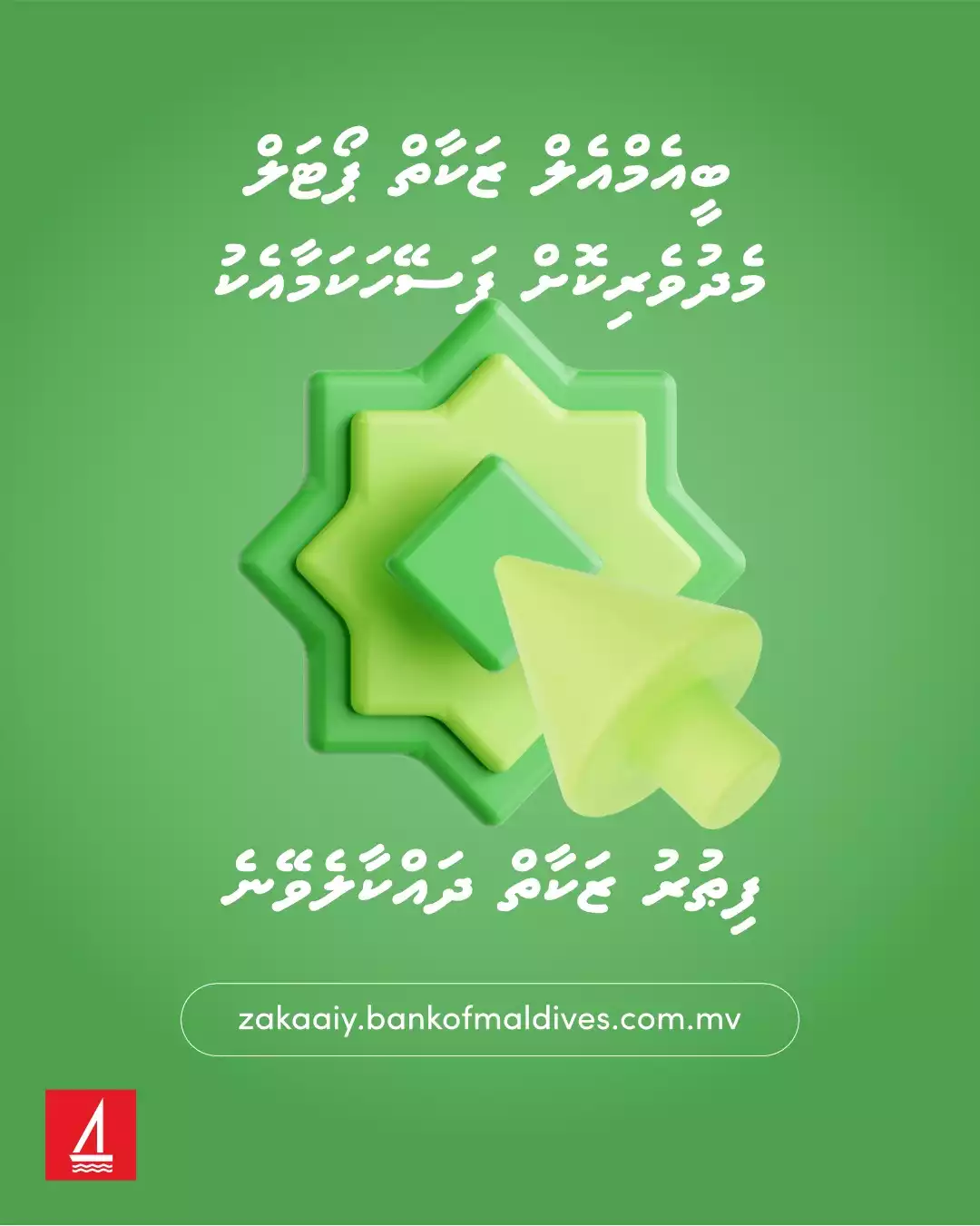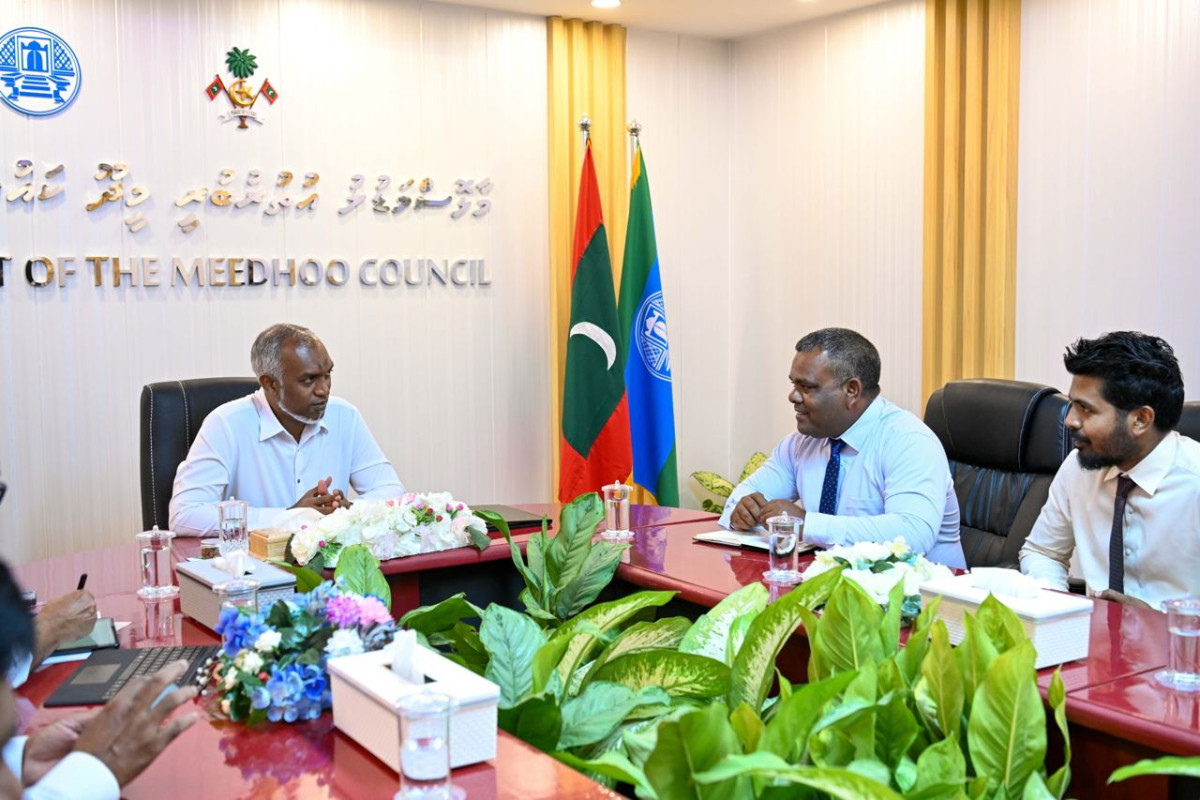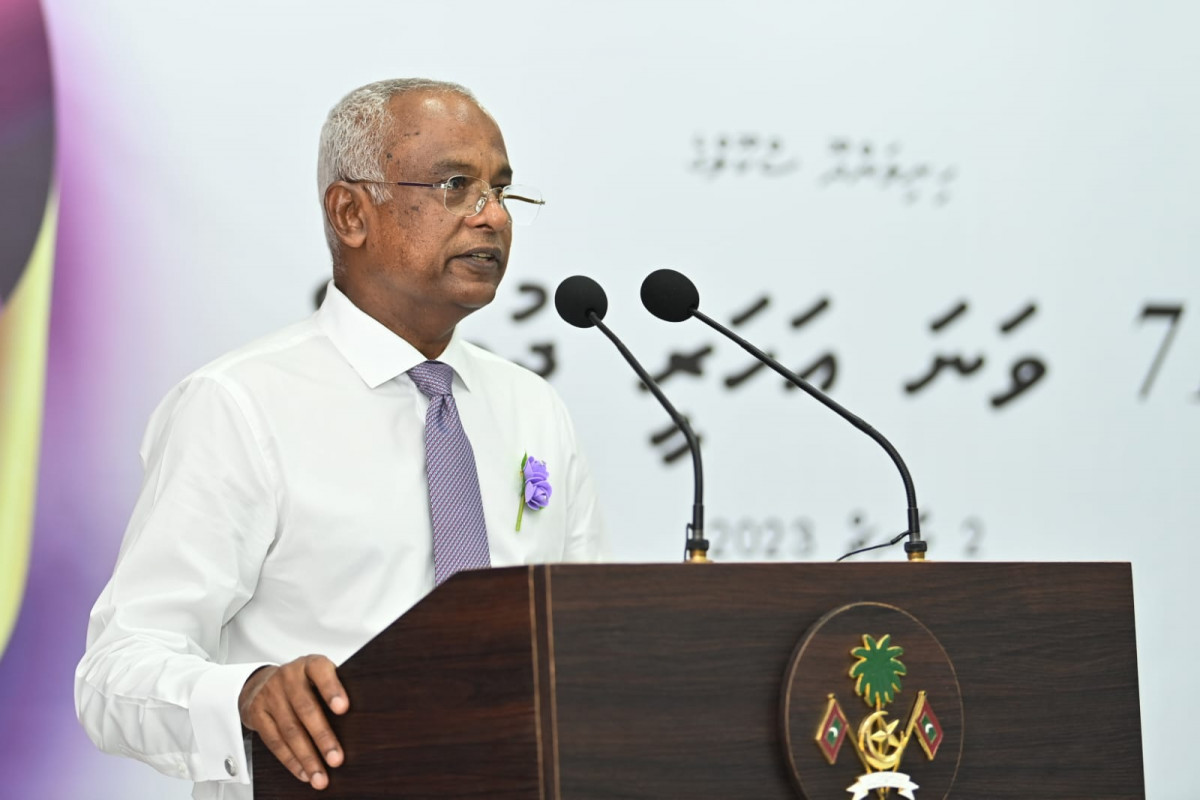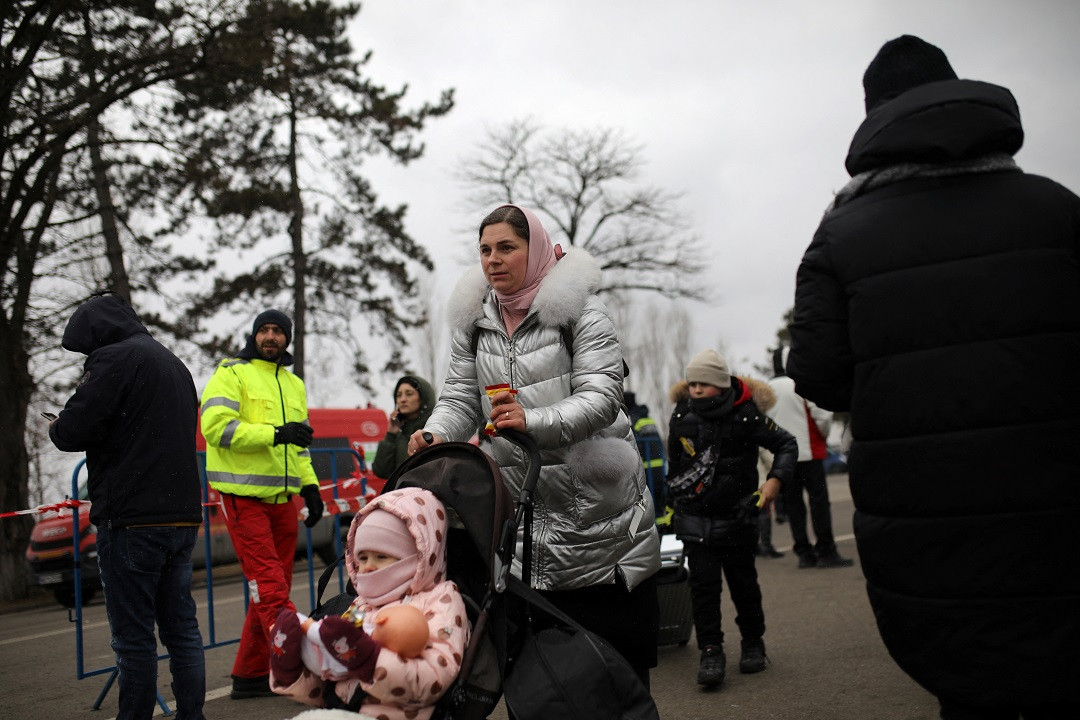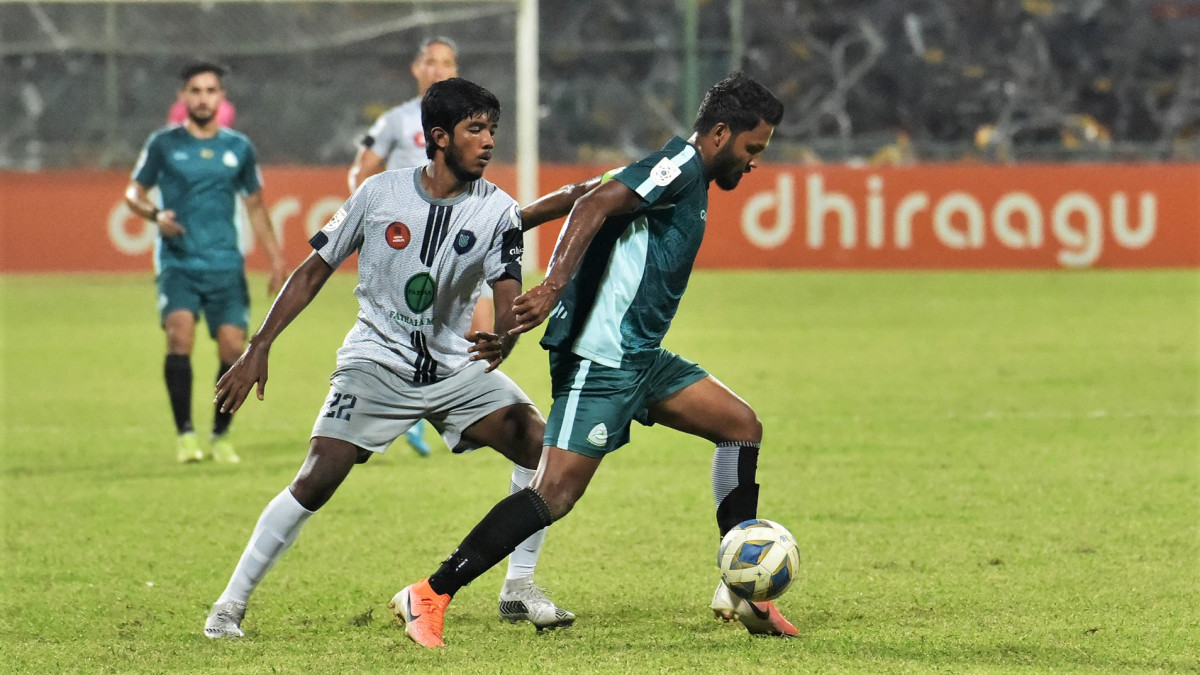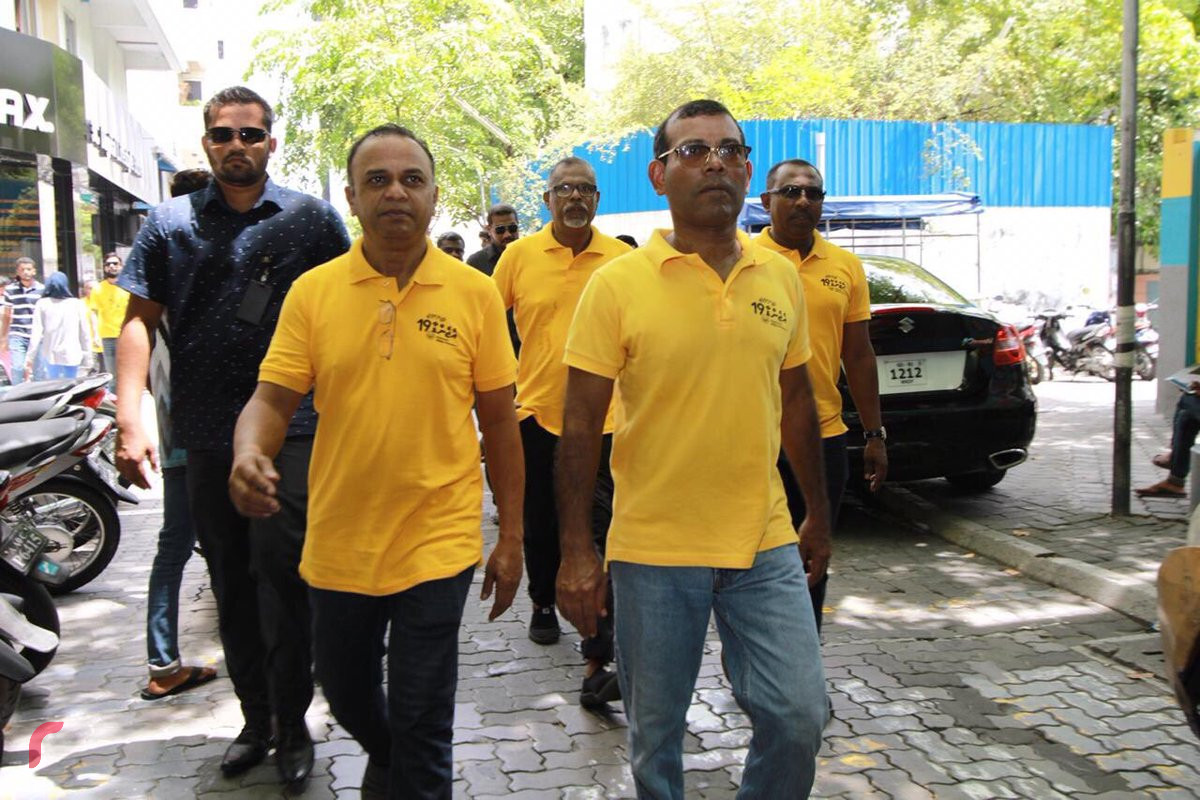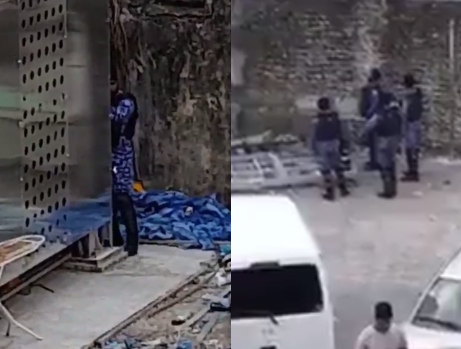28 expats detained, 92 locals given warnings in Hulhumalé mass inspection
The inspection covered a total of 314 locations

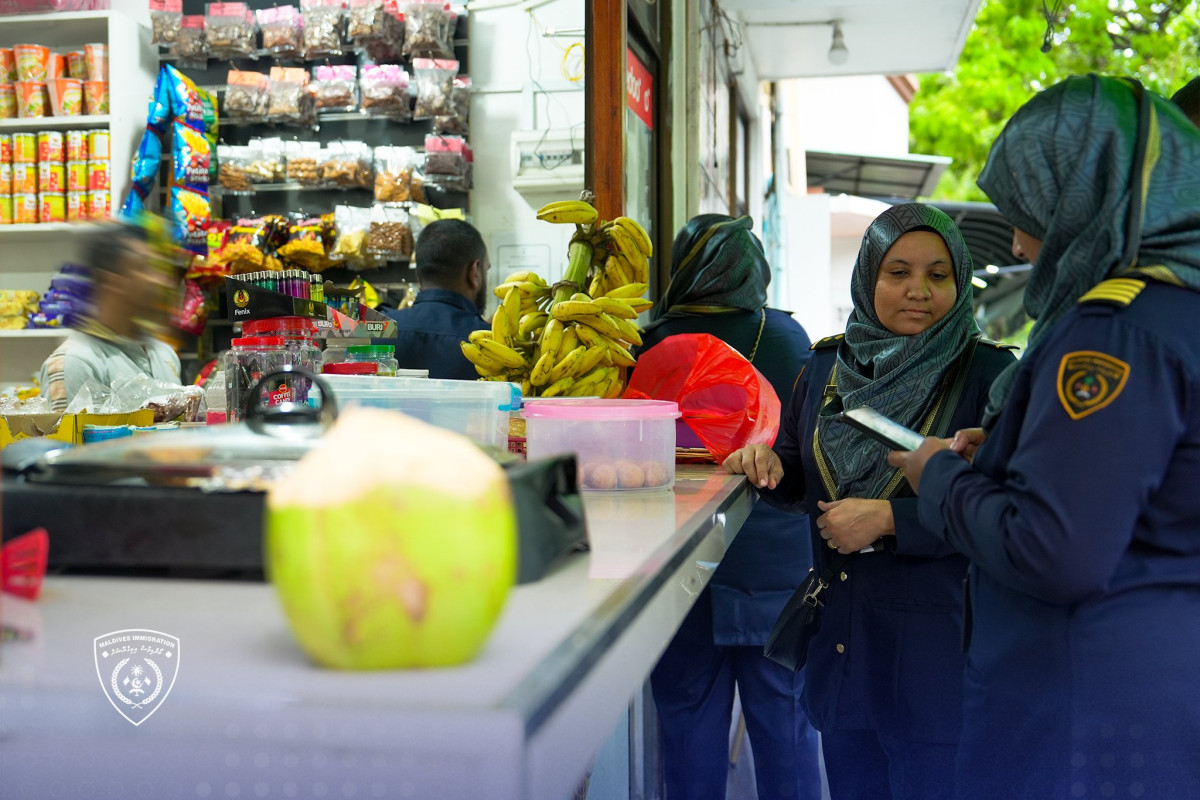
Immigration officers active during the mass inspection carried out in Hulhumalé
28 expatriates residing illegally have been detained and 92 Maldivians who employed said expatriates have been issued written warnings, during a mass inspection the Maldives Immigration conducted in Hulhumalé, the capital city’s suburban extension.
As part of the ongoing efforts to address issues related to expatriates residing illegally in the Maldives, a mass inspection was carried out in Hulhumalé on September 29, in a bid to identify and verify migrants staying illegally in the Maldives.
The inspection was conducted across 27 zones covering Hulhumalé Phase I and II.
Over 200 Immigration officers participated in the mass inspection.
In addition to the immigration department, officers from the Maldives Police Service (MPS) joined the inspection alongside officials from the Ministry of Economic Development, Health Protection Agency (HPA), and Maldives Food and Drug Authority.
Controller General of Immigration Mohamed Shamaan Waheed revealed that one of the main objectives of the mass inspection was to identify foreigners engaging in illegal business activities and working beyond their permitted scope, acting against them, and holding their employers accountable.
Further, Shamaan said that information gathered as part of the inspection would assist authorities fathom the current situation in Hulhumalé regarding this issue.
According to Immigration, the special inspection was conducted on Sunday evening from 4pm to 6pm in groups.
The inspection covered a total of 314 locations, and 769 expatriates were questioned.
Among those questioned, 28 foreigners including illegal foreigners and those reported as runaways, were taken into Immigration custody
In addition to this, 165 foreigners with incomplete visas were given notices to appear at Immigration.
92 Maldivians who illegally employed these individuals were let off with written warnings.
Immigration decided to take legal action against them under the law, if they do not comply with the given notices.
The goal of the immigration department remains to seek a swift solution to the issue of illegal migrants in the Maldives, by conducting such inspections regularly. This in turn would lead to lesser economic and social damage caused by illegal migrants as well as acting against them under the Immigration law.
